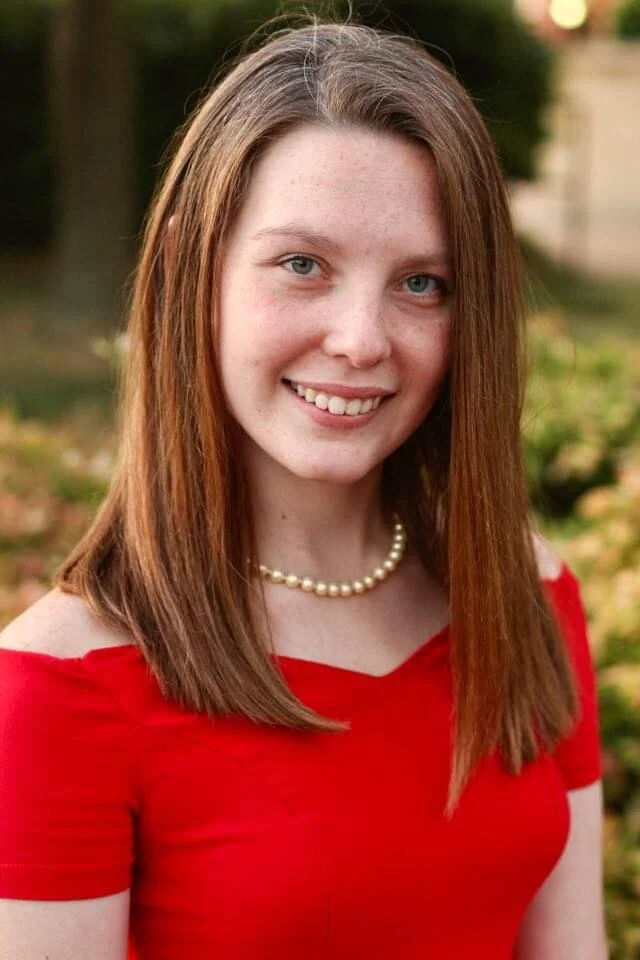THIS WHITE NEST BY FRANCES BOYLE
REVIEWed BY MEGAN MUNGER
Focused heavily on a woman’s experience and her need to feel emotion, Frances Boyle’s poetry collection This White Nest (Quattro Books, 2019) takes readers on a reflective and validating journey through the natural shades and seasons of life, encouraging them to embrace their own natural complexity along the way, just as the trees and seas do.
In four sections, Boyle magically intertwines human experiences with the natural world and offers up growth, understanding, and comfort along the way. Honesty and wisdom form the core strengths of Boyle’s work and are used to highlight themes such as growth and connectivity which can be seen when she reminds us that we are, like trees “—each a distinct knot, but branch / is joined to branch. They diverge / in astonishment.” Boyle knows that while we grow in different ways, we are still part of a collective that extends beyond human life into the natural world.
In addition, Boyle’s work shows the wildness and innateness of natural experience as it mirrors human existence. In “Tutelage,” the speaker is “Learning how the trees sleep, how to do / the same” while she waits on her own natural process to occur “by slow degrees, in somnolence.” This connection to the natural phases of life points readers back to the reflective journey and compels them to have patience with themselves and with the world.
Furthermore, Boyle’s focus on emotion comes through in bold questions that refuse to shy away from darkness. They demand to know what is taught and not taught, wondering: “Why isn’t this / on the curriculum: how to resist, how to / tamp a spear wound...” They document grief eulogizing her mother, Dorothy, in “Apples and Roses.” Boyle’s voice is controlled and poignant.
Boyle gives readers the gifts of wisdom and control over their own journeys because she knows the narrative journey of her own life well enough to know that she is “circling round / to where I, diviner / choose to end,” and you can, too.
January, 2021
Megan Munger
Megan Munger is a Pittsburg, Kansas native. She graduated from Pittsburg State University with a B.S. in English Education in May 2020 and immediately began pursuing her M.A. in English at Pittsburg State University. Munger enjoys teaching, reading, writing, painting, hiking, fishing, and coaching baton twirling.



